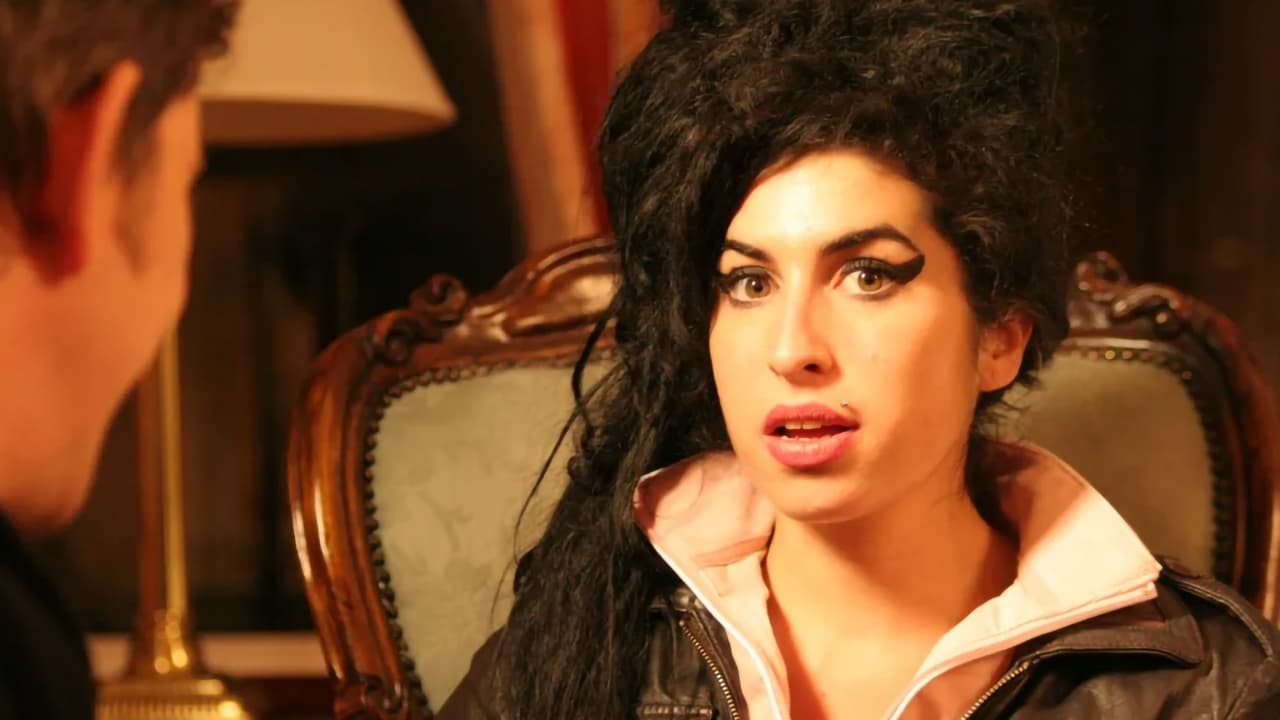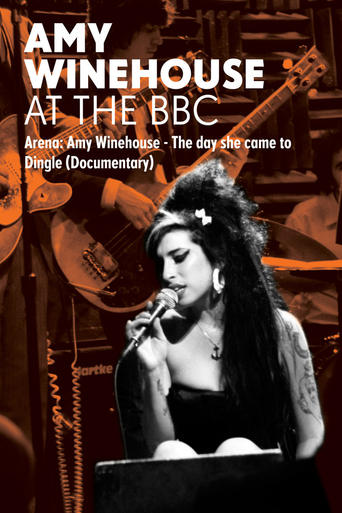

It's the kind of movie you'll want to see a second time with someone who hasn't seen it yet, to remember what it was like to watch it for the first time.
... View MoreOne of the worst ways to make a cult movie is to set out to make a cult movie.
... View MoreGreat example of an old-fashioned, pure-at-heart escapist event movie that doesn't pretend to be anything that it's not and has boat loads of fun being its own ludicrous self.
... View MoreStrong acting helps the film overcome an uncertain premise and create characters that hold our attention absolutely.
... View More"The Russian bankers loved me, see, because I'm a Russian Jew," says 22- year-old Amy Winehouse in her London vernacular voice to the Irish interviewer John Kelly. This terrific little movie about the brilliant young singer who flowered swiftly and then died tragically does what such a film should do. Maurice Linnane's Amy Winehouse: The Day She Came to Dingle (2012) records the moment six years ago when the young artist came to the unique Other Voices festival held in a church in the remote Irish fishing village, interweaving a film of the entire concert with images of the beautiful place. it also includes not only Amy's modest, articulate, and information-filled interview with Other Voices' series editor Philip King, but judiciously placed clips to show us the influences and passions she mentions performing the music: Sarah Vaughan doing "I got it bad and that ain't good"; Carleen Johnson's "Don't look back in anger"; her favorite English jazz group Soweto Kinch and "Doxology"; Thelonious Monk; Ray Charles doing "Unchain my heart." Talking to Philip King, she vividly recalls her discoveries at the ages of six, nine, ten, fourteen. She explains how her brother was a source: he "had everything" on recordings, jazz, blues, soul, Madonna, gospel, the latter, she says, only an influence in the past eighteen months. The film shows Mahalia Jackson singing, you're instantly swept away, and you know why the influence has become central for her. There was also rap, R&B, and girl bands in her eclectic mix. In between is Amy herself on the church stage with her two guitar backup, including longtime accompanist Dale Davis, bass: "Back to Black," You know I'm no good," Love is a losing game," then again "Back to black," and you hear all the influences cunningly interwoven, jazz, soul, blues, gospel, in that flexible and moving young voice. "I love you much/It's not enough/You love blow and I love puff/And life is like a pipe/And I'm a tiny penny rolling up the walls insideWe only said goodbye with words/I died a hundred times/You go back to her/And I go back toBlack, black, black, black, black, black, black..."It's the kind of quietly extraordinary concert where you can guess the audience members at the time probably pinched themselves, knowing they were lucky to be in that place at that time. It's quiet, offhand, yet remarkable musical portrait. Happily there is none of the public drunkenness and bad behavior that marred her later performances. Amy Winehouse: The Day She Came to Dingle, 60 mins., was shown as an episode of the "Arena" BBC arts documentary series (1975-present), voted by leading TV executives in Broadcast magazine as one of the top 50 most influential programs of all time. Maurice Linnane is an Irish TV and film director who has done films about U2 and The Cranberries. Screened for this review as part of the 2013 San Francisco Jewish Film Festival.
... View More